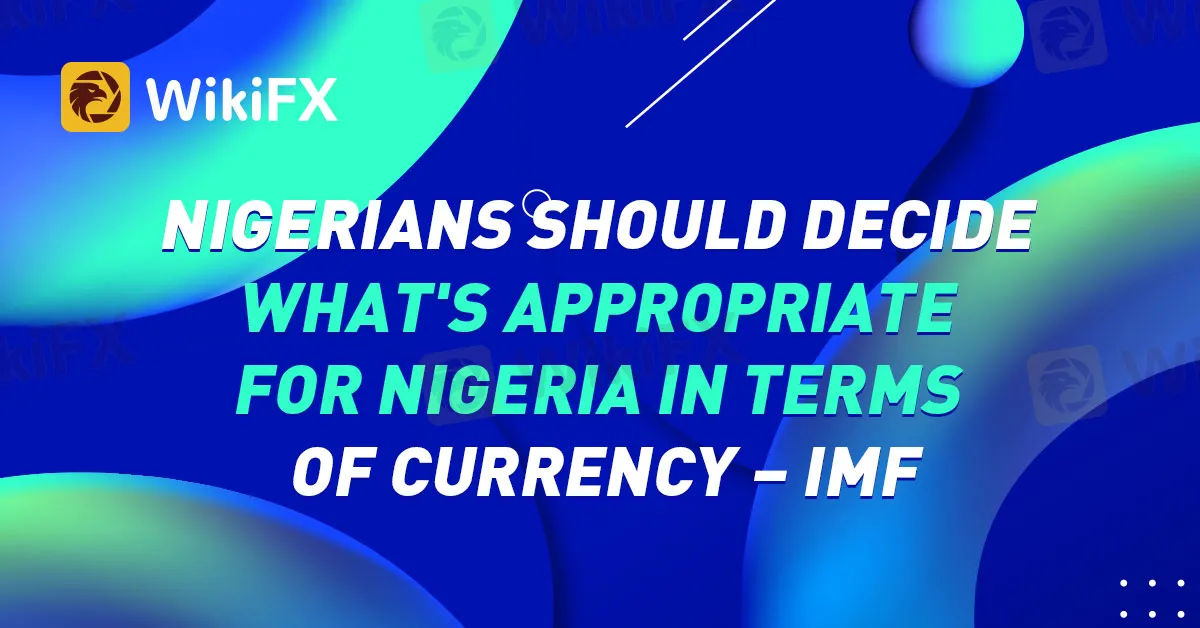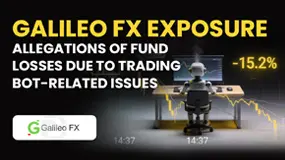Abstract:According to Mr. Ari Aisen, the IMF's resident representative in Nigeria, Nigerians should choose the foreign exchange policy that is best for their country.

According to Mr. Ari Aisen, the IMF's resident representative in Nigeria, Nigerians should choose the foreign exchange policy that is best for their country.
But he emphasized that a country's currency rate policy should be based on its priorities and level of competitiveness.
At the Nigerian Economic Summit's interactive session on monetary policy management in difficult times, he spoke yesterday in Abuja.
The Rep. who called for the Central Bank of Nigeria (CBN) to have clear autonomy over the country's monetary policies claims that foreign exchange regime issues are typically complicated and that a country's decision regarding which type of regime to adopt should depend on its priorities, competitiveness, and willingness to accept trade-offs.
“The Central bank should be autonomous to make the final choices on monetary policies,” he said. It is crucial to understand that the government must have the funds to pay salaries and provide services like health and education.
The government must mobilize revenue to accomplish that. If you don't make money, you'll have to take out loans to pay your debts. You must visit the central bank if you don't have the money on hand at the market. When you visit the central bank, the debt is monetized, which means that money is printed to pay for your deficit. That in and of itself results in liquidity issues. Inability to absorb the additional liquidity that the central bank has pumped can result in inflation and a new issue.
I hope that by using that design, I was able to show how revenue mobilization and fiscal and monetary policies work together to promote macroeconomic stability and low inflation.
Choosing an exchange regime is a tough decision with many trade-offs; each exchange regime has advantages and disadvantages. A fixed exchange rate system would typically stabilize prices in some way. This might be advantageous in some ways, but you must have sufficient foreign reserves to support the currency rate you have set.
The market would determine the value of the currency under a floating exchange rate regime, on the other hand. Although you do not need to interfere in setting the exchange rate, this does not place strain on reserves, but it is much more volatile because the exchange rate might vary greatly.
Due to the volatility, that has an impact on importers, exporters, and economic activity. You may also have a hybrid between these two challengingly opposed approaches, in which you intervene but permit some exchange rate fluctuation. What is hence suitable for Nigeria.
First, Nigerians will decide what is best for their country since every nation must make judgments based on trade-offs, priorities, competitiveness, and the supply and demand for foreign currency. Although it is a complicated matter, in the ideal system we would let the country make the final decision based on its preferences.
According to Mr. Oluseye Olusoga, the founder of I-Invest, Nigeria should focus more on attracting Foreign Direct Investments (FDIs) intended for use in the productive sector as opposed to portfolio investments.
He stated that portfolio investments damage a country's economy because they only offer short-term comfort, leaving the economy with more issues because capital and interest constantly leave the country, typically in an ungentlemanly manner.
He said, We need to be cautious about the type of money we want to draw into the economy. In school, we learned that issuing bonds involves taking money out of the system. However, when portfolio investors step in and buy (government) bonds, they actually increase the amount of money the government has available for spending.
When they want to return their money, you will need more foreign currency than what they brought to provide them in order to repatriate both their capital investments and interests. These investments will generate interest. They temporarily alleviate our issues but only temporarily.
Olusoga advised Nigerians in all sectors to prioritize production because, in his view, increased productivity, particularly for export, would enable the country to earn more foreign currency and ease the pressure on its currency on the foreign exchange market.










